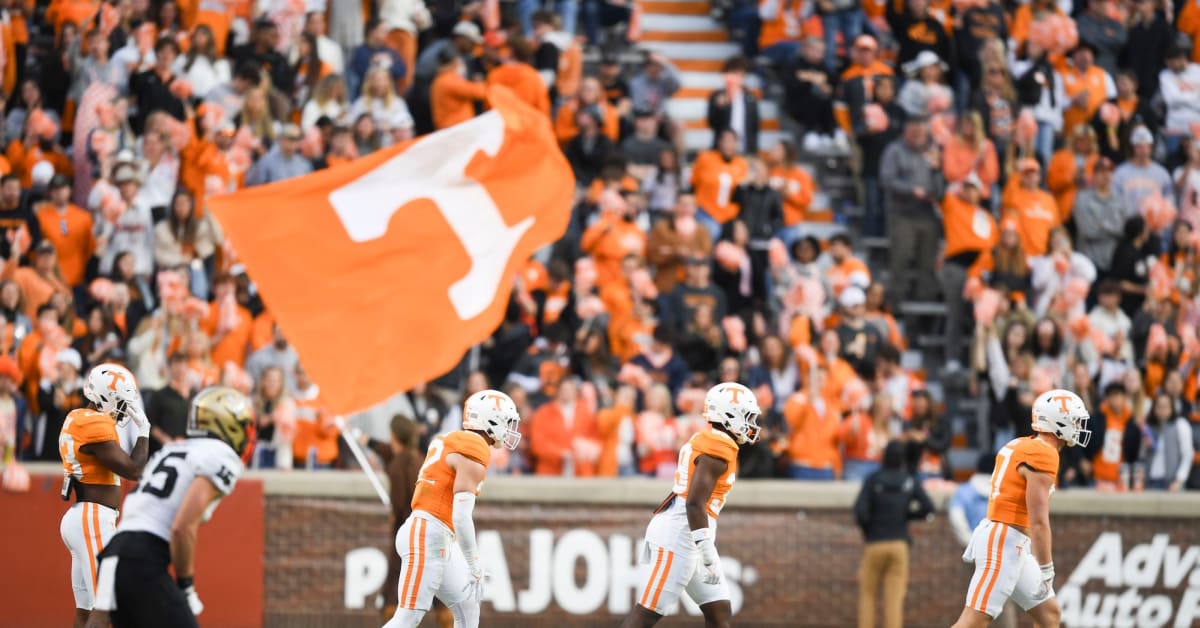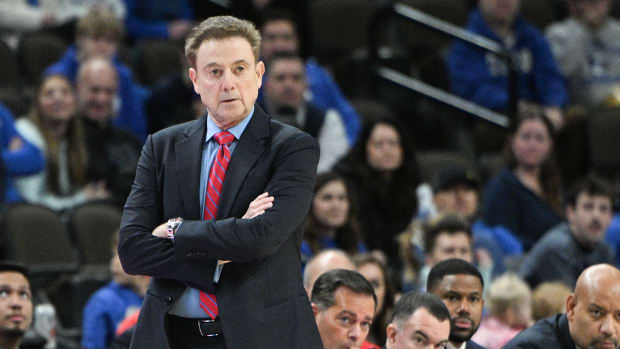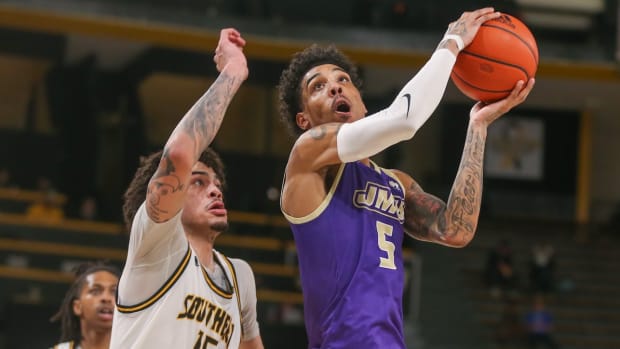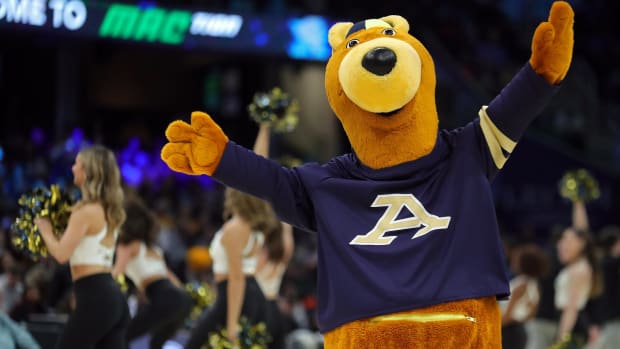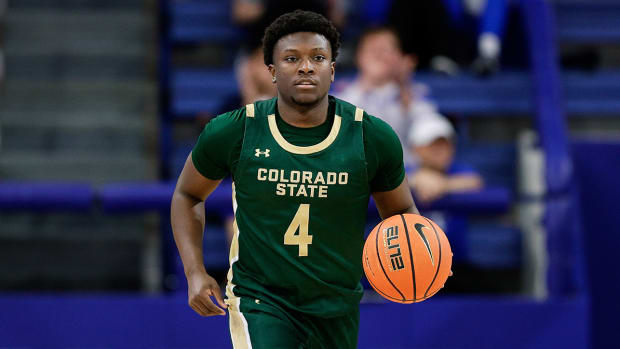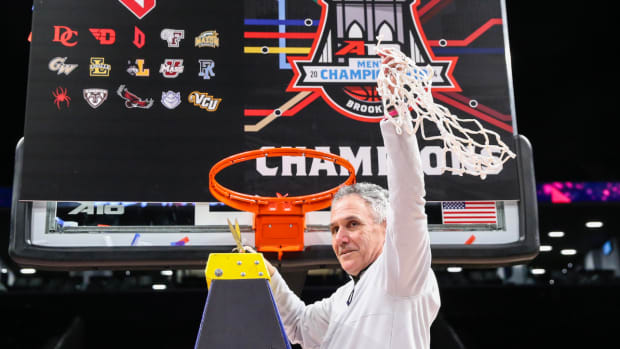The NCAA Is Too Late in Addressing NIL Rules
From the outset of Name Image and Likeness in 2021, some people involved in college sports kept asking “where is the NCAA?” Well, belatedly, they have now truly arrived. Like the popular meme of Donald Glover from the NBC show Community, the news of investigations involving Florida, Tennessee and Florida State arrived at a party only to discover that the house was already on fire.
When NIL debuted, it came with little in the way of guidelines. Nature abhors a vacuum; folks with good (and bad) intentions for college athletics filled the void in what seemed like a ruleless landscape, beyond state laws that quickly became amended or even repealed in many places. The NCAA was and is concerned about being sued, but eventually the organization was going to act in some way. There hadn’t been solely NIL–based sanctions until earlier in January when Florida State got popped for an assistant coach driving a recruit to a meeting in which NIL was discussed. There have been contradictory memos and rules regarding what is permissible and what isn’t for multiple years. The inconsistency has frustrated the NCAA’s membership. The crux of Tennessee's defense (the rules were unclear, so how can you claim we broke them?) is the essence in what will invariably become a protracted legal battle between the school and the organization.
Attacking the process has been the defense against the NCAA in recent years because it’s increasingly clear that the organization’s bylaws won’t exactly stand up in a court of actual law, evidenced by the multiyear transfer rules being challenged by multiple attorneys general. But some of the NCAA’s action here has defenders—there were many in the organization who were pining for it to do something as NIL rapidly grew, seemingly unchecked, in influence. In reality, these investigations take time and the notice of allegations against Tennessee delivered this week are just the result of that process. But college sports finding itself in a familiar position with rule enforcement seems tardy to the party. The optics of NIL investigations going on at schools while the NCAA’s own president has proposed a new model where schools directly pay players instead of third parties makes for the appearance of a house on fire.
